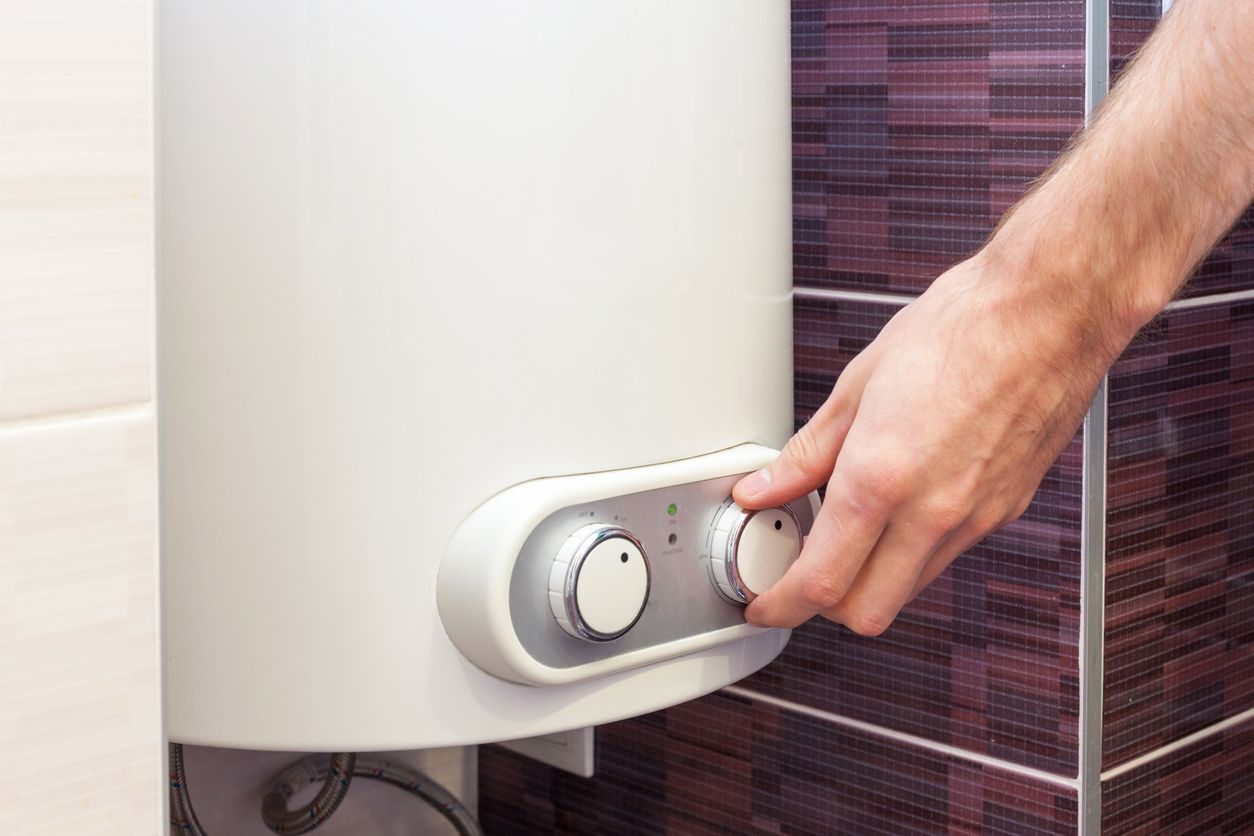Coping with the Most Frequent Hot Water Heater Emergencies
Coping with the Most Frequent Hot Water Heater Emergencies
Blog Article
We have noticed this great article about Is Your Water Heater Leaking? below on the web and felt it made perfect sense to share it with you on this page.

A hot water heater is one of one of the most essential standard appliances that can be located in a home. With hot water heater, you don't need to experience the tension of home heating water manually every time there is a requirement to wash, wash, or the meals. There is always an opportunity that your water heating system would act up as with a lot of mechanical tools.
It is very important to keep in mind any little malfunction and also tackle it quickly before points leave hand. Most times, your water heater begins to malfunction when there is an accumulation of debris as a result of continuous use. As a preventative measure, routine flushing of your water heater is suggested to avoid debris build-up and avoid practical failing.
Common water heater emergency situations and also just how to deal with them
Leaky water heater storage tank.
In this scenario, you need to transform off your water heating unit, allow it to cool down, and meticulously look for the resource of the issue. At times, all you need to do is to tighten a couple of screws or pipe links in situations of minor leaks. If this does not function and the leakage persists, you might require to utilize the services of a professional for an ideal replacement.
Fluctuating water temperature level.
Your water heating unit can start generating water of different temperature levels typically ice cool or scalding warm. There might be a demand to replace either the heating or the thermostat system of your water heating system.
Insufficient warm water
It might be that the water heating system can't support the hot water demand for your apartment or condo. You might update your water heating system to one with a larger capacity.
Stained or odiferous water
You need to know if the issue is from the storage tank or the water resource when this takes place. You are certain that it is your water heater that is defective if there is no funny odor when you run chilly water. The smelly water can be triggered by rust or the build-up of germs or sediments in the water heater tank. You can attempt flushing out your tank or changing the anode if the trouble lingers when you observe this. The function of the anode is to clean out bacteria from your tank. Given that the anode pole substitute needs an extensive knowledge of your water heating system, you will certainly require the assistance of a professional.
Conclusion
Some home owners disregard little caution as well as minor faults in their water heater device. This just leads to additional damage and also a possible complete malfunction of your appliance. You must handle your hot water heater mistakes as soon as they come near avoid even more expenses and also unnecessary emergency problems.
With water heating units, you don't need to go through the anxiety of heating water by hand every time there is a need to take a bathroom, do the laundry, or the meals. Your water heater might start producing water of various temperature levels usually ice scalding or cool hot. It might be that the water heater can't sustain the hot water need for your apartment. If there is no funny odor when you run cool water, then you are particular that it is your water heater that is malfunctioning. The odiferous water can be caused by rust or the buildup of bacteria or sediments in the water heating system tank.
Common Water Heater Issues and What You Should Do
What Type of Water Heater Do You Have?
Before we begin it’s first important that you identify the type of water heater you have on your property. There are two main types of water heaters out there: conventional and high efficiency.
Both of these types of products typically use either gas or electricity to heat power. There are also solar water heaters that use a thermal collector on the roof or yard to heat the water.
While these models are not as common, they can cut heating costs in half. In this article, we will focus on conventional and high efficiency.
How Do My Electric and Gas Water Heater Work?
Though they look similar, electric and gas water heaters work very differently. It’s important to know their basic function because often problems can be specific to the heating source.
In the electric model, a thermostat on the side of the machine detects the temperature of the water in the tank. When the temperature needs to rise electricity flows to a heating element suspended in the water.
Gas models also use a thermostat device — typically with a mercury sensor at the tip and an additional sensor called a thermocouple. The thermocouple detects whether the pilot light is on and controls the flow of gas.
When the thermostat drops below the appropriate level gas is released which becomes ignited by the pilot light. The flame heats the bottom of the water tank which causes hot water to rise and cold water to drop.
This natural circulation continues until the water reaches the desired temperature. Then, the thermostat triggers the gas control valve to shut off the flow of gas.
What Are the Most Common Issues and How Do You Fix Them?
https://happyhiller.com/blog/common-water-heater-issues-and-what-you-should-do/

We were shown that report about Common Hot Water Heater Problems from a good friend on another web page. Be sure to take the time to distribute this blog if you liked it. We cherish reading our article about Common Hot Water Heater Problems.
This Website Report this page